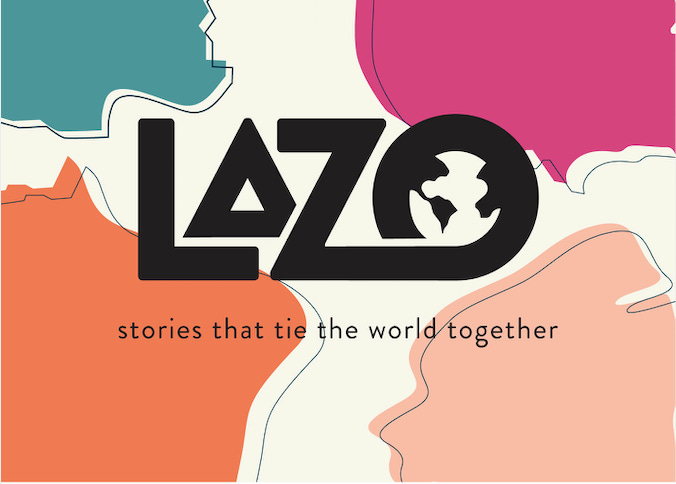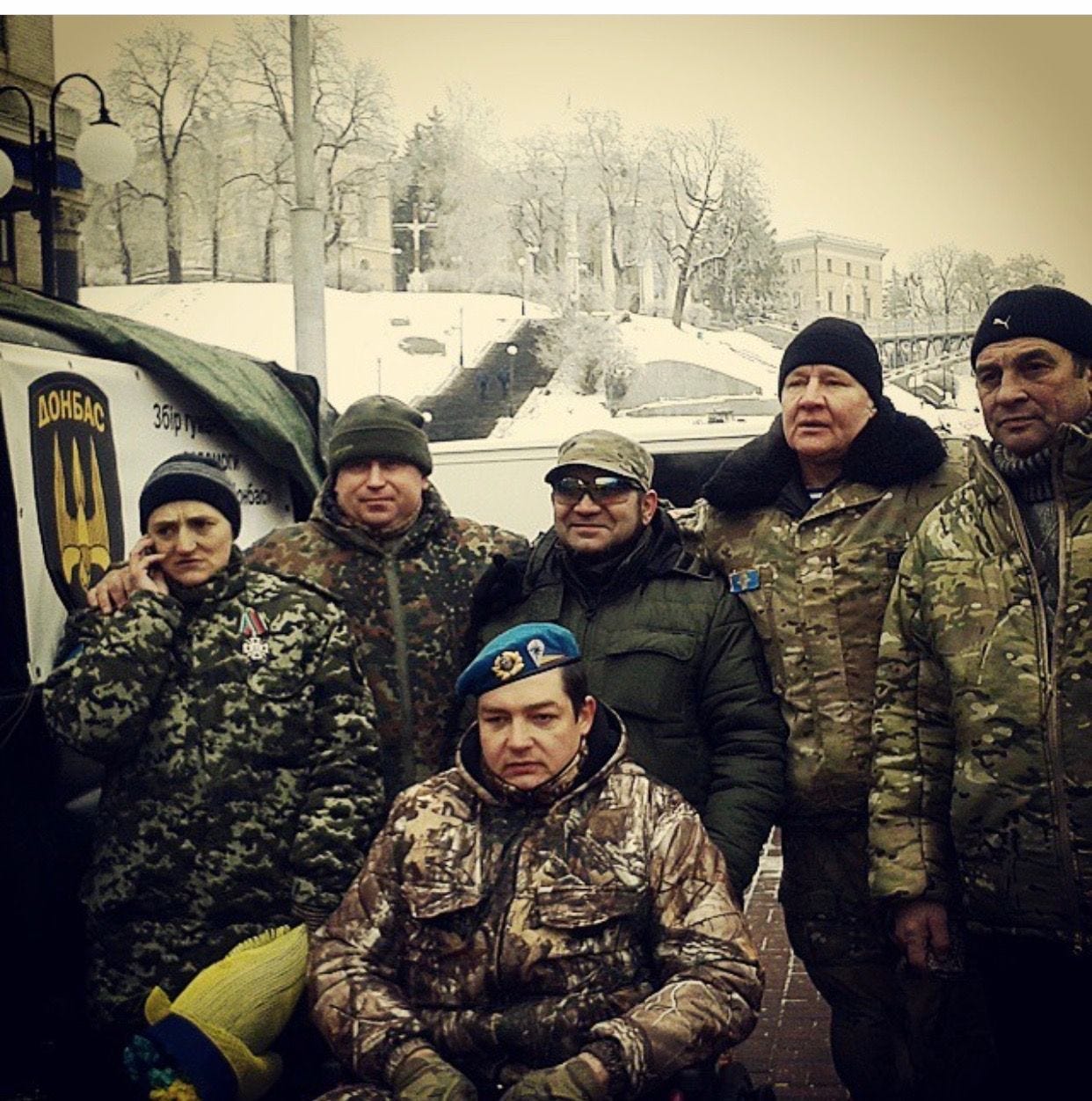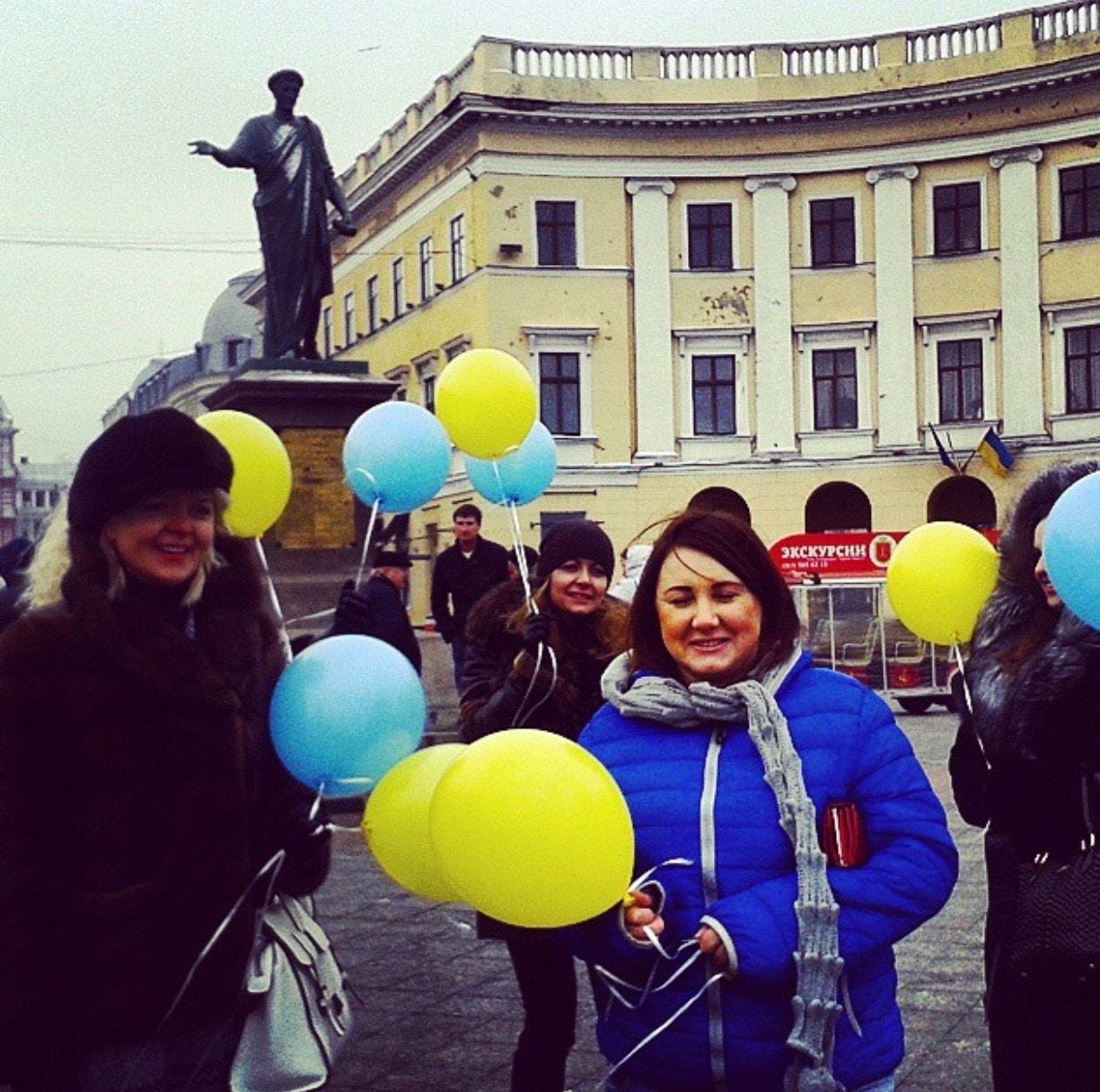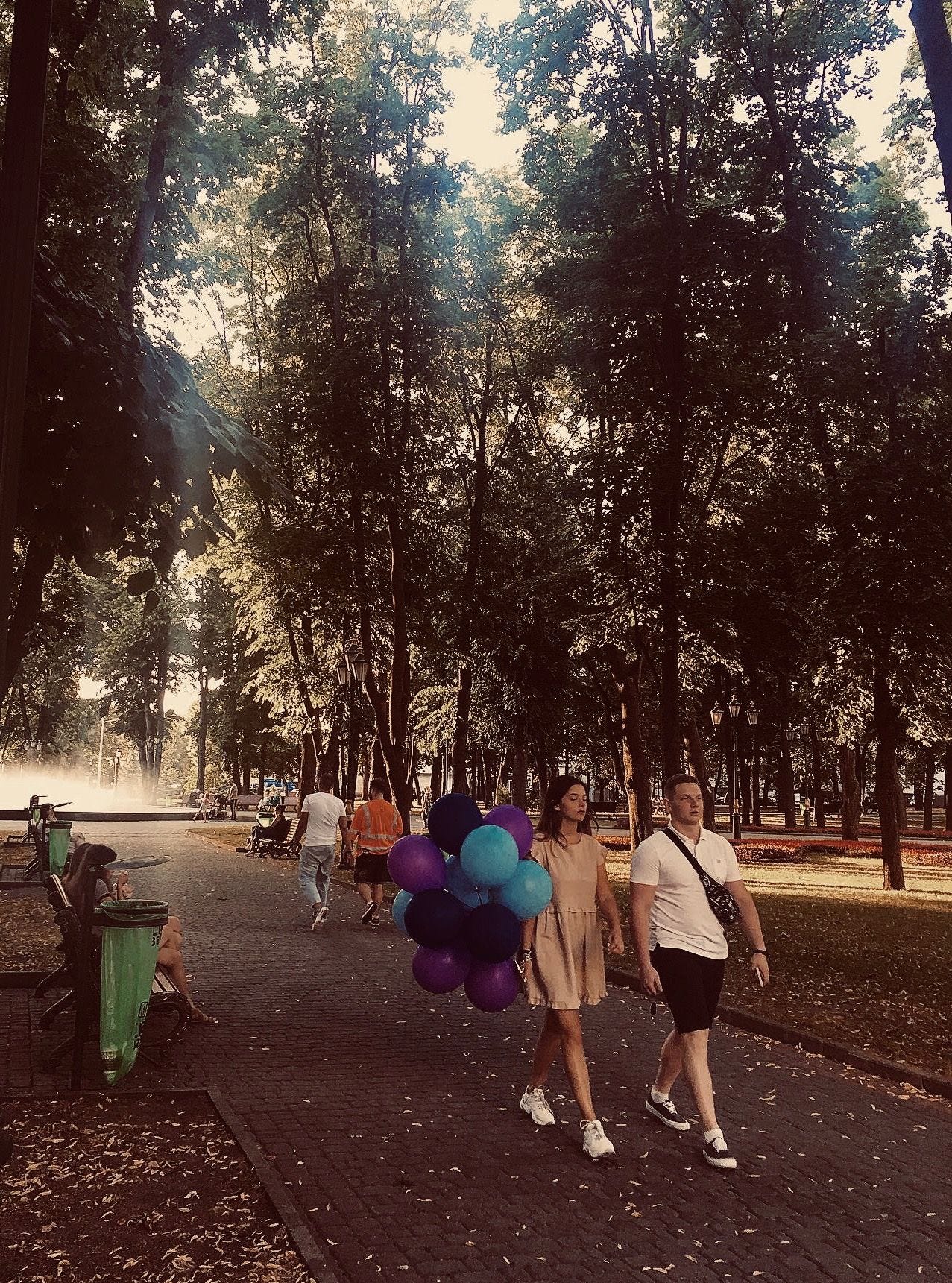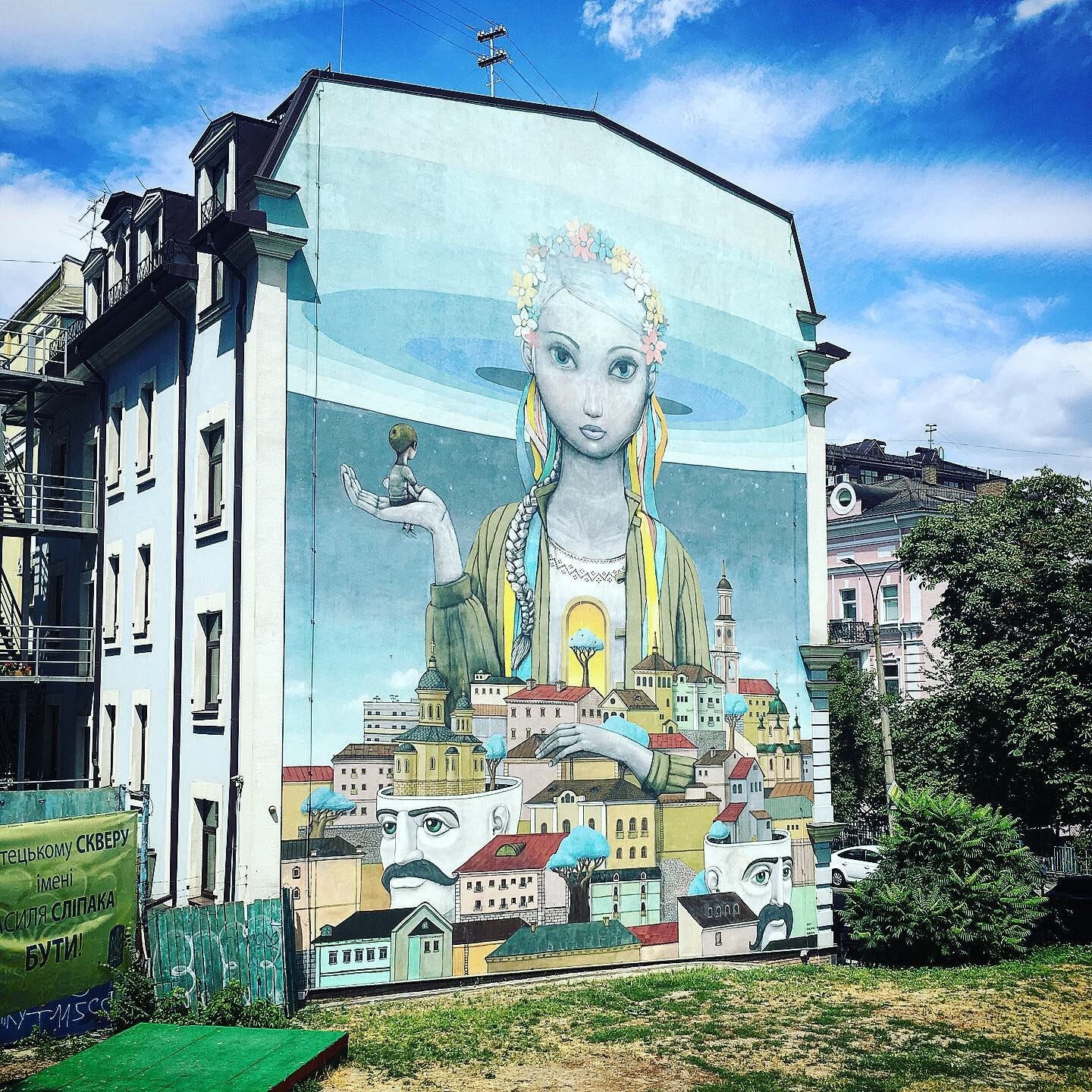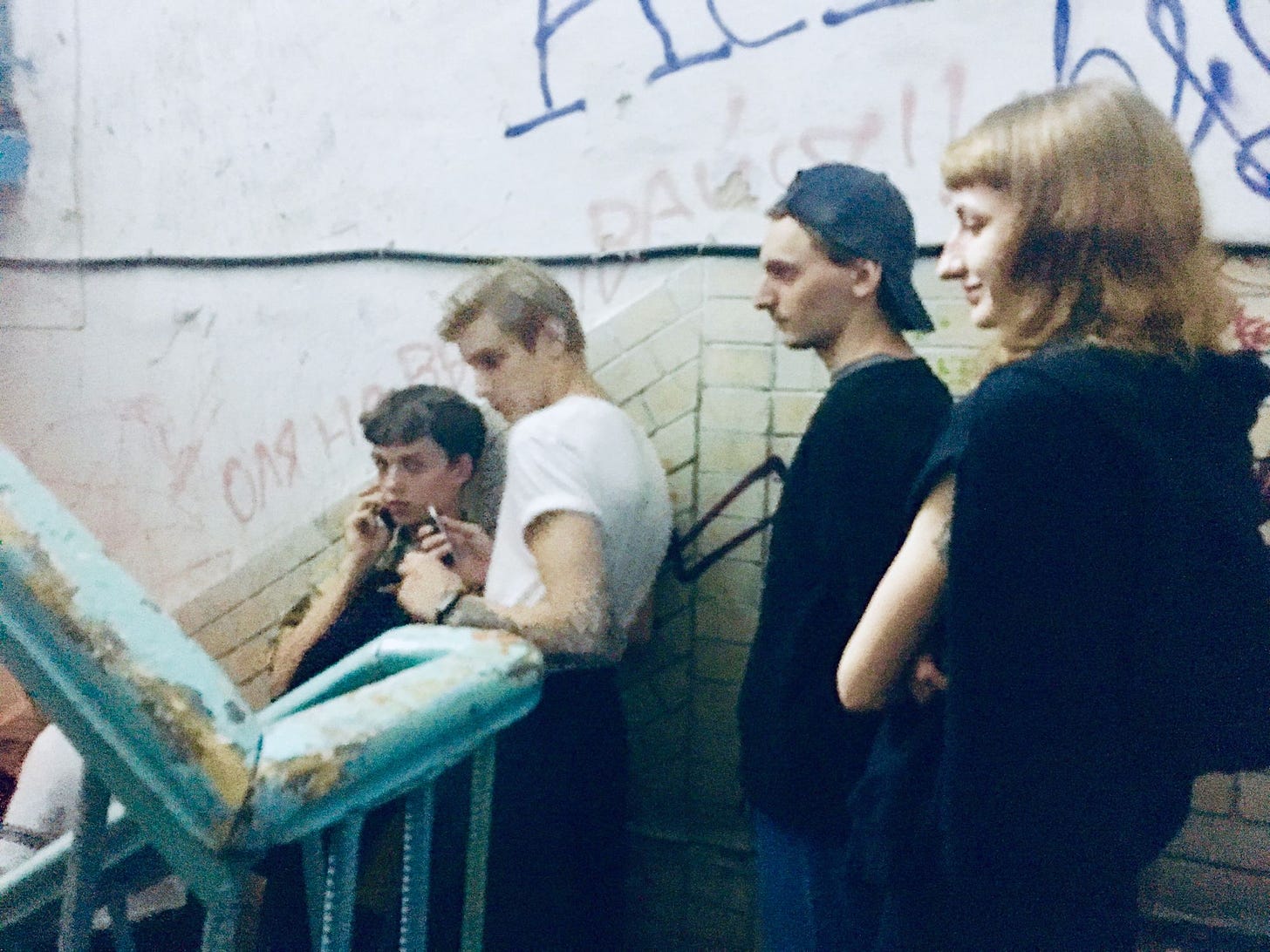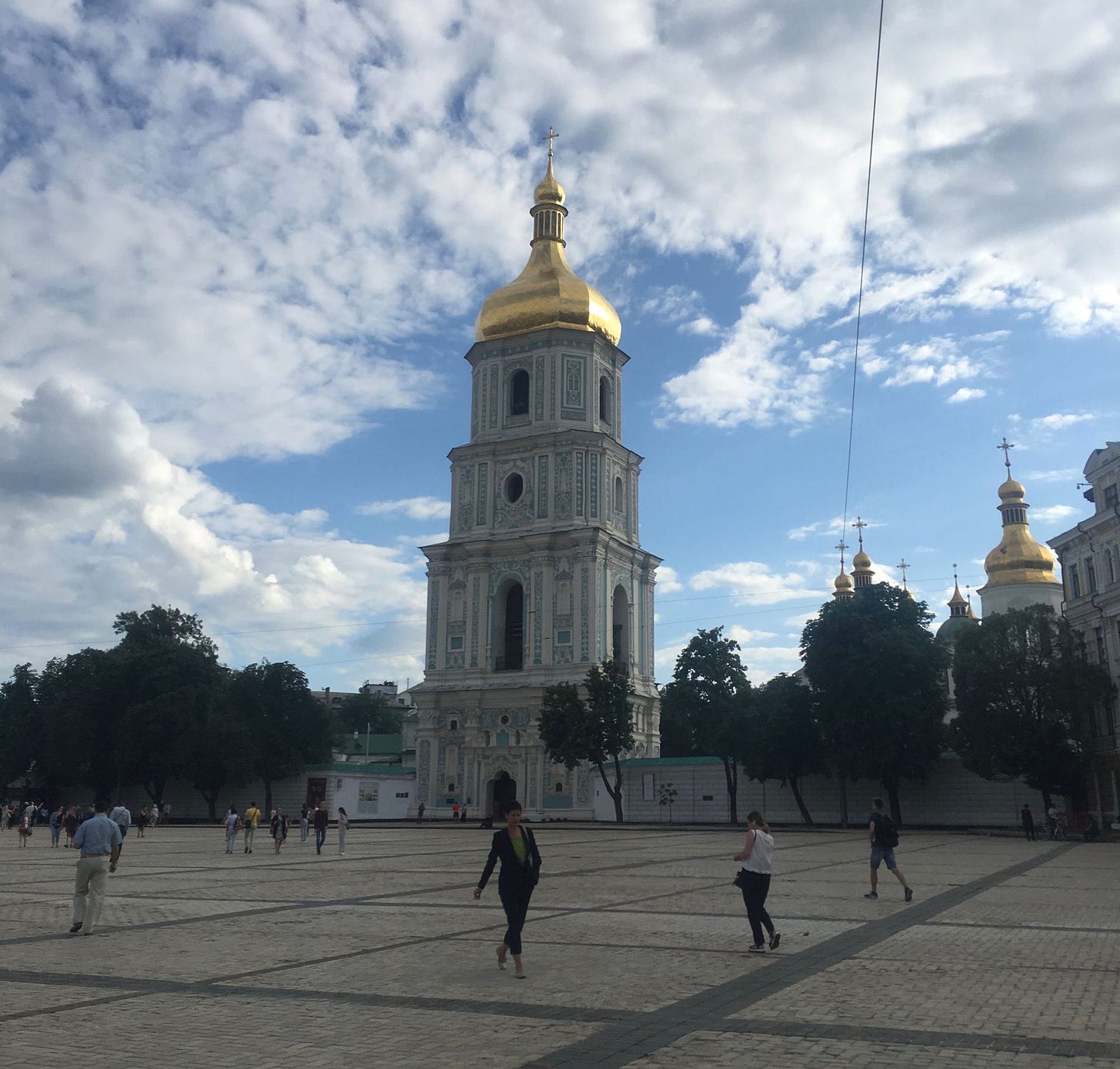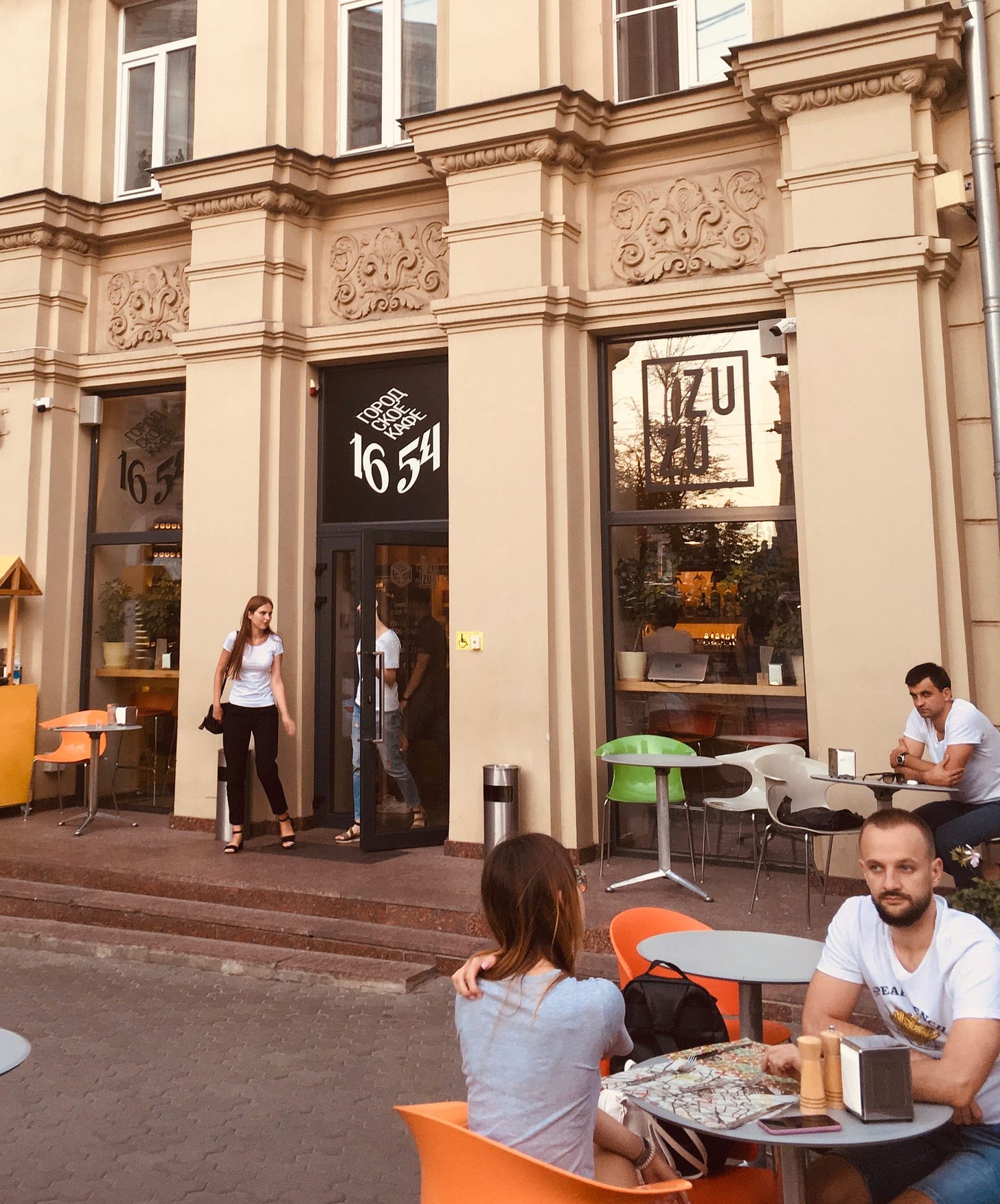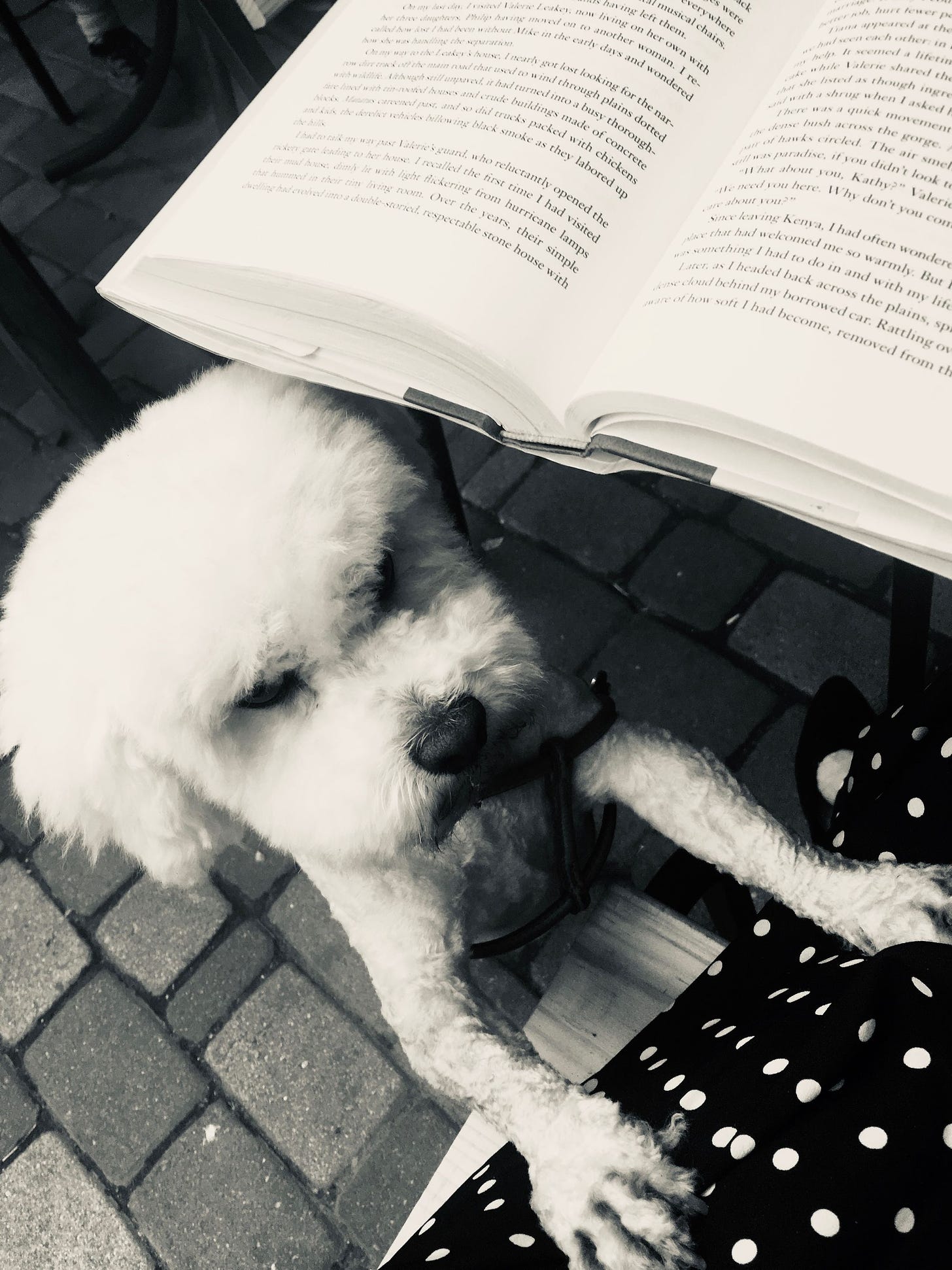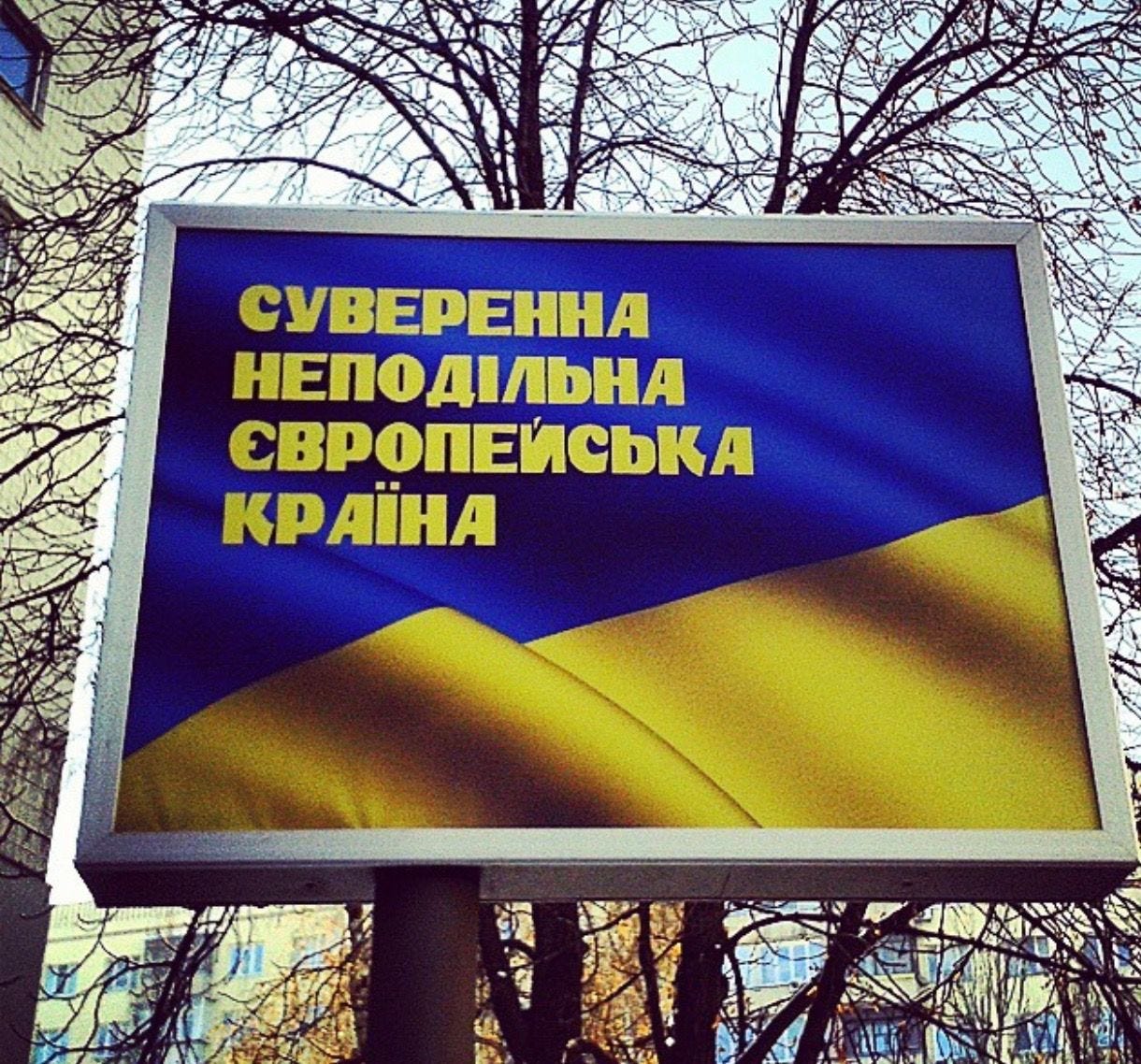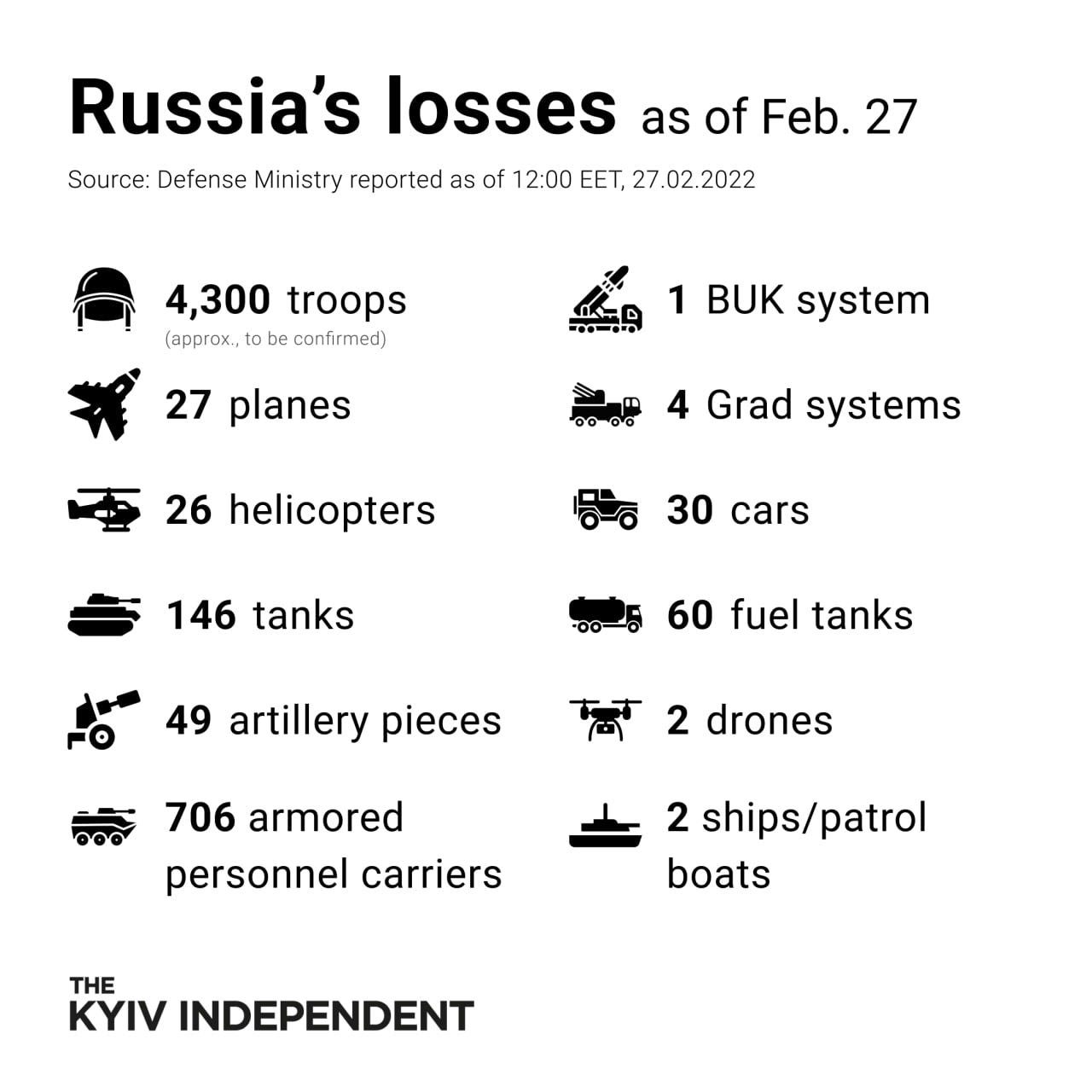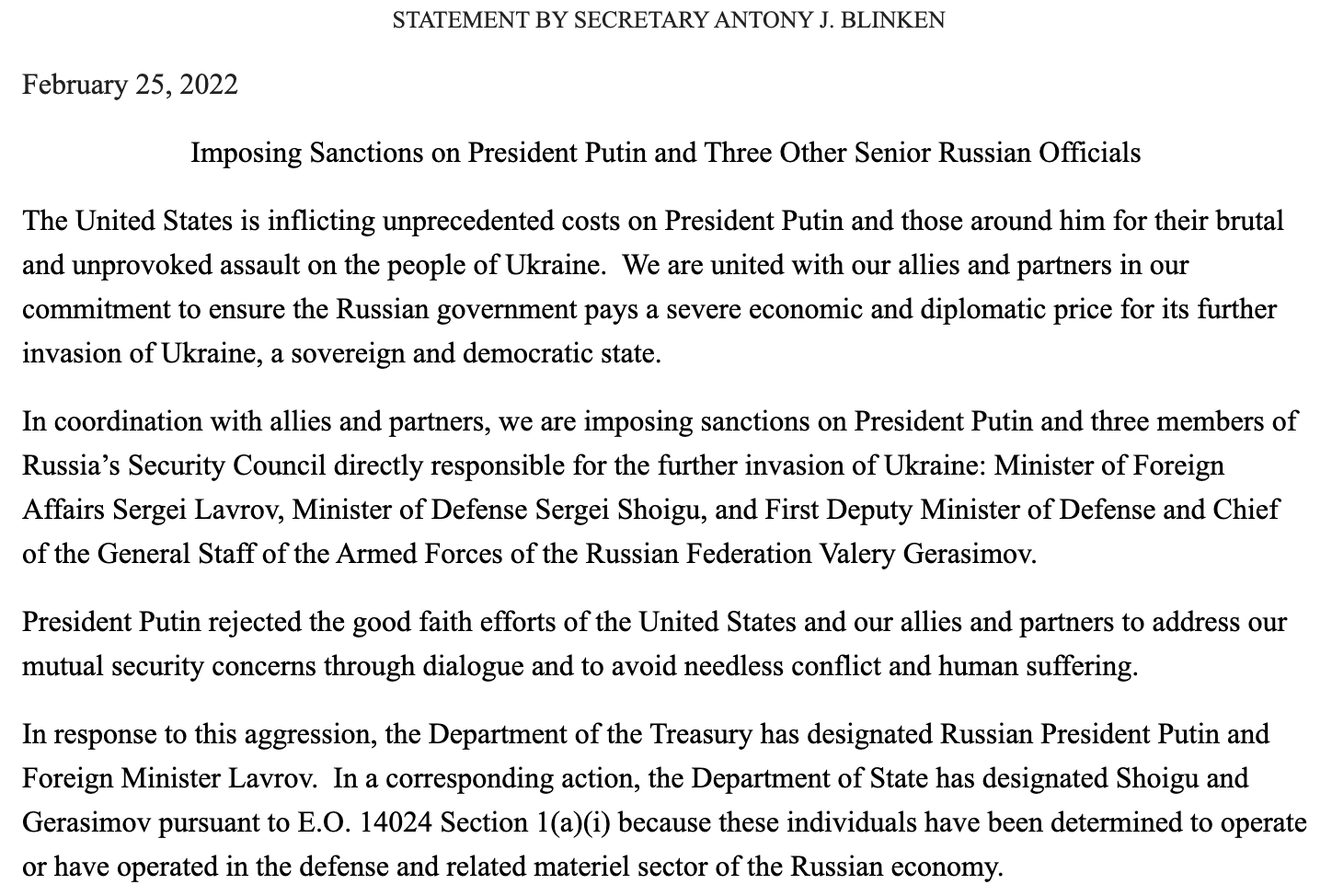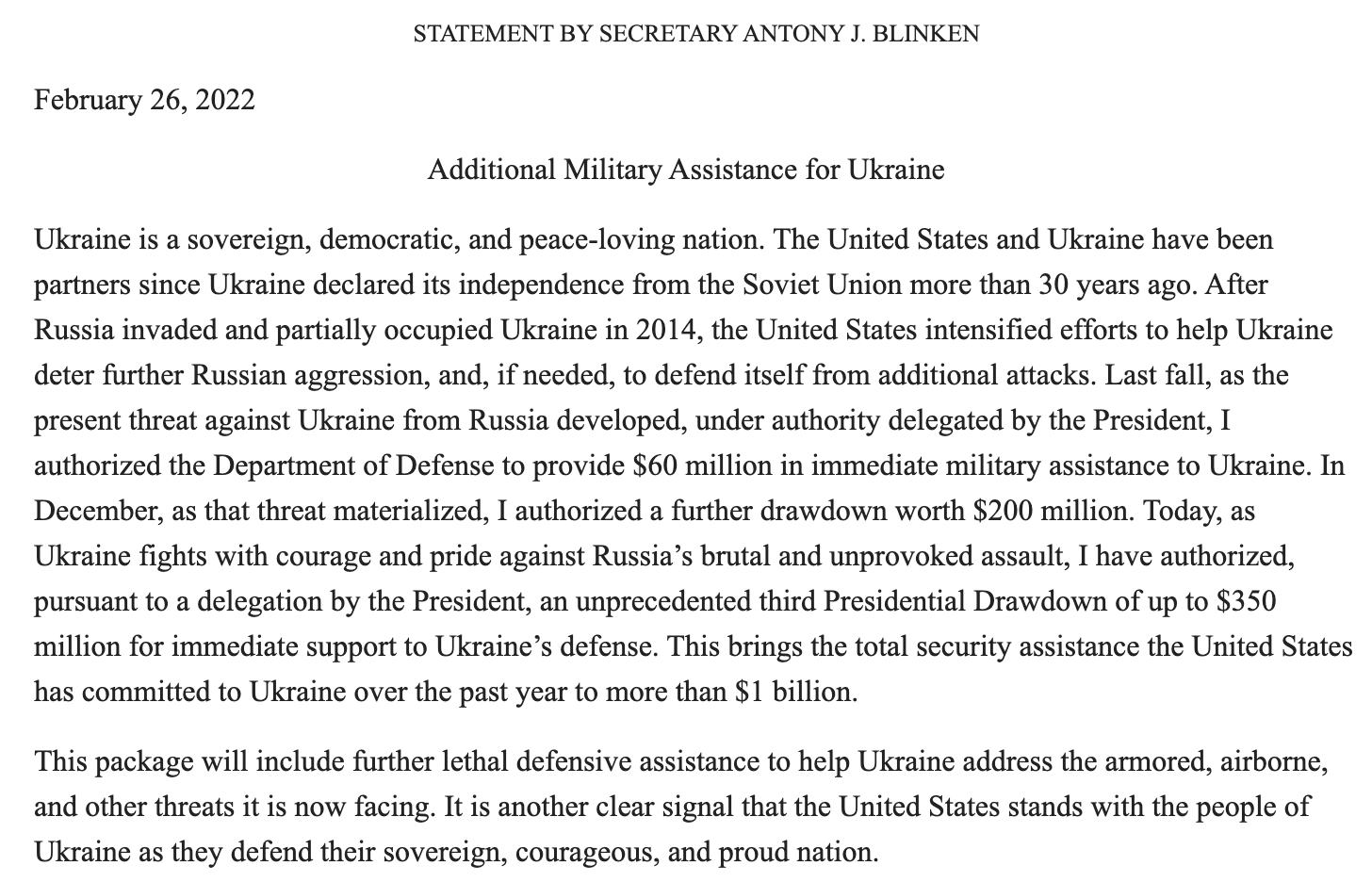For Ukraine's normal and mundane
An abridged version of the "what I'm reading" section of the newsletter this week. Things are happening so fast that anything I post today could be irrelevant within hours.
Like everyone else, I am thinking about Ukraine constantly. I think about the people forced from their homes with their children and pets and no idea what will happen next.
I want to stress that Ukraine is a country, like all countries, that is defined by so much more than conflicts or geopolitics.
The first time I visited Ukraine was during the winter of 2014, a year after the Euromaidan protests began. I had planned to travel to the Donbas, but the area was closed to foreigners the same week I arrived. Instead, I wandered through the streets of Kyiv and Odesa and interviewed people who had volunteered to fight the Russian proxy forces in Eastern Ukraine.
I talked to people who had been kidnapped and whose parents were held hostage by Russia's proxies. The cafes were filled with ragtag groups of men in fatigues.
Soldiers complained about their low salaries and lack of equipment (Ukraine's military is much more advanced now than it was in 2014). People collected money on the streets for volunteer brigades. I saw pieces of cobblestone ripped from the ground in Kyiv's central square so protesters could hurl them at the riot police sent to attack them. I talked to students who had volunteered to do first aid during what was dubbed "the revolution of dignity" and walked down the Alley of the Heavenly Hundred to see the faces of the people who died for Ukraine's right to sign a trade agreement with the European Union. In reality, they died for the right to determine their country's future.
In Odessa that year, there were frequent power outages. A bomb exploded in a nearby shop. Luckily, no one was killed in that blast.
Over the years since, I continued to visit Ukraine when I could, and every time the conflict seemed to drift further into the mists of people's consciousness. It was still there, always. People talked about Russia and the ceasefire violations along the point of contact. They debated what the West could do for their country. But in places like Kyiv, far from the conflict zone in the East, life was normal.
Young people went to raves and restaurants and to work. People worried as much about their futures and their job prospects, LGTBQ rights or environmentalism, as they did about an imminent threat from Russia. On my last visit to the country right before the pandemic made traveling difficult, I left a warehouse party after 3:00 am and easily called an Uber to take me back to my AirB&B. I stocked up on essential medicines that are too expensive to buy back home in America, where the healthcare system is difficult to navigate. I went to coffee shops and vegan fast-food restaurants and drank imported coffee from Guatemala and Ethiopia. I visited a speakeasy under a Mexican restaurant that sold overpriced cocktails.
When I looked around, it was hard to tell if we were in Kyiv or Berlin or Prague or Madrid.
I don't mean to say that it is somehow more tragic that a European country full of hipsters and the classic signs of gentrification would be hit with airstrikes. Every war everywhere is a travesty. But I want to stress that the place being attacked right now is not some faraway land on television that harbors deep cultural hatreds that we in the West can't understand (Russians and Ukrainians, in general, don't hate each other). It's just a normal place with courageous people who want to go about living their everyday lives. And it's a country full of people who want a European future, with the visa-free travel and economic and educational opportunities that implies.
I cannot begin to imagine the terror and pain of having every last scrap of normality ripped away from you in a matter of seconds. Especially when it's happening for no reason at all. This week I want to share some pictures from Ukraine. I'm not a photographer, but I hope they capture some of the beauty in the mundane of a country I hope is not destroyed.
Last night, I received a briefing via text message from a former Defense Ministry official in Ukraine that read: “If the enemy continues to act like during the first two days of the offensive, it will lose most of its troops and lose. Therefore, soon we expect that the Russian Federation will adapt its tactics without changing strategic plans...This may include missiles and airstrikes on the entire depths of Ukraine.”
This week I won't ask you to support this newsletter. Instead, I'll ask you to support the brave journalists at the Kyiv Independent who are going to incredible lengths to bring us the news 24/7.
This is their Patreon and their Go Fund Me. And this Go Fund Me is for other Ukrainian independent media outlets.
What I'm writing:
• President Biden laid out harsh sanctions on Russia in response to his invasion of Ukraine. But Russian President Vladimir Putin has amassed foreign exchange reserves estimated to be worth over $600 billion, which will insulate Moscow from sanctions for at least a few months (This piece is unlocked).
• Russian oligarchs are in the crosshairs as the West aims to punish Putin for his invasion of Ukraine. Only a small handful of Putin’s cronies have been sanctioned so far, but now members of Congress are calling for Putin's cronies to have their assets seized (This piece is unlocked). [Update: On Saturday, the White House announced that this week it will "launch a multilateral Transatlantic task force to identify, hunt down, and freeze the assets of sanctioned Russian companies and oligarchs – their yachts, their mansions, and any other ill-gotten gains that we can find and freeze under the law."]
• Russia's recognition of Donetsk and Luhansk followed a familiar playbook. I looked at the lessons from Abkhazia, South Ossetia, and Transnistria and why Ukraine would be different (This piece is unlocked). I reported this before the invasion started, and everyone I spoke with rightfully said that Putin's actions laid the groundwork for war in Ukraine.
• I spoke with Julie Mason at SiriusXM early Tuesday morning about the state of play after Russia recognized the independence of Donetsk and Luhansk.
• For National Journal's podcast Quorum Call, my colleagues and I break down President Biden's response to Russian aggression in Ukraine and what's going on in Congress. This podcast is from Tuesday.
What I'm reading:
• Russian forces launched a major military attack on Ukraine, with troops crossing the border from multiple directions, missile strikes, and explosions in numerous cities, including the capital Kyiv, the New York Times reports. Fighting is now ongoing in Kyiv.
• Ukraine’s Foreign Minister Dmytro Kuleba said there were “horrific Russian rocket strikes on Kyiv." Kyiv Mayor Vitaliy Klitschko said civilians were being hit by rockets.
• Ukrainians have launched a website to help Russian citizens find their relatives killed in combat.
• Ukraine has filed a lawsuit against Russia in the Hague and is carefully documenting war crimes, the Kyiv Independent reports.
• Ukrainian President Volodymyr Zelenskiy remains in Kyiv despite saying that Russia “has marked me as the No. 1 target” and would also go after his family.
• The U.S. believes Russia’s attack is designed to take key population centers and decapitate Ukraine’s democratically-elected, pro-Western government, the New York Times reported.
• The UNHCR says an estimated 100,000 Ukrainians have fled their homes and are uprooted in the country after Russia’s invasion. The latest update as of Saturday is that almost 116,000 have fled to neighboring countries since February 24, mainly to Poland, Hungary, Moldova, Slovakia, and Romania.
• Ukraine’s nuclear agency said it recorded raised radiation levels at the Chernobyl nuclear power plant after Russian troops took control of the area, Reuters reports.
• Russian police detained nearly 1,400 people during anti-war protests in cities across Russia on Thursday, Al Jazeera reports.
• Russian President Vladimir Putin on Monday recognized two regions in Eastern Ukraine, Donetsk, and Luhansk, as independent and ordered Russian troops to conduct "peacekeeping" operations there, NPR reports.
• Moldova is expressing concern that it could be attacked by forces from its Russian-backed breakaway territory Transnistria, Balkan Insight reports.
• U.S. President Joe Biden has sent “thousands of additional forces to Germany and Poland” to protect NATO’s eastern flank. The U.S. is also positioning two fighter jets each in Estonia, Lithuania, and Romania, the Air Force said in a statement.
• U.S. Army soldiers temporarily stationed along NATO’s eastern flank are preparing to move closer to Poland’s border with Ukraine to help process people fleeing the country, the Hill reports.
• The West has agreed to cut Russia off from the SWIFT international payment system, and numerous countries have closed their airspace to Russian planes, Reuters reports.
• Inside the Biden administration, some officials are raising concerns that arming the Ukrainian resistance could make the U.S. a legal co-combatant to a wider war with Russia, Foreign Policy reports.
• Secretary of State Antony Blinken called off a diplomatic meeting with Russia's now-sanctioned Foreign Minister that was scheduled for Thursday in Geneva, CNN reports.
• Germany halted the certification of the NordStream2 pipeline in response to Russia’s invasion of Ukraine, CNN reports.
• Germany will raise its defense spending above 2% of GDP in response to the Ukraine war, the Wall Street Journal reports.
• My colleague Brian Dabbs wrote an article for National Journal about the ways the U.S. can help wean Europe off of Russian gas. A massive loan for European energy infrastructure is gathering dust in Washington, he writes. Natural-gas supporters say the administration’s strategy towards Russia is blinded by its carbon goals.
• The Washington Post published the full letter that the U.S. sent to the United Nations warning that Russia is planning human rights abuses and assassinations in Ukraine.
• VICE has an interesting piece on how the far-right Azov Battalion became a part of the Ukrainian National Guard (a situation Russia uses to accuse Ukraine of nazism.)
• Britain imposed sanctions on Gennady Timchenko and two other billionaires with close links to Vladimir Putin after the Russian president deployed military forces into two breakaway regions of eastern Ukraine, Reuters reports. On Thursday, Britain unveiled a package of “severe” sanctions against Russia, including freezing assets of all major Russian banks, limiting cash held by Russian nationals in U.K. bank accounts, and sanctioning more than 100 individuals and entities, the Financial Times reports.
• Joint Russian military exercises in Belarus were scheduled to end last weekend, but Belarusian officials announced that Russian troops are staying put, the Washington Post reports.
• A massive leak from an anonymous whistleblower revealed the “hidden wealth of clients involved in torture, drug trafficking, money laundering, corruption, and other serious crimes” held by Credit Suisse, one of the world’s largest private banks, the Guardian, the Organized Crime and Corruption Reporting Project, and others revealed. Through the German newspaper Süddeutsche Zeitung, OCCRP obtained leaked records on more than 18,000 Credit Suisse accounts with dozens of dubious characters in the data, including the children of the Azerbaijani strongman Vasif Talibov and the Serbian drug lord known as Misha Banana.
• A Turkish court extended the prison detention of 64-year-old philanthropist and activist Osman Kavala, who has been held without a conviction since October 2017, Agence France Presse reports.
• The U.N. Refugee Agency issued a strongly-worded statement, saying it is “deeply concerned by the increasing number of incidents of violence and serious human rights violations against refugees and migrants at various European borders," Politico Europe reports. Greece was in the spotlight.
What the State Department says:
Upgrade to a premium subscription by Clicking Here.
You can also contact me for any reason by writing to c.maza@protonmail.com.





